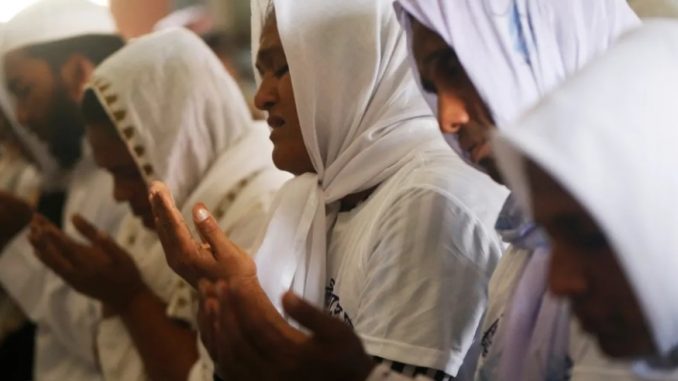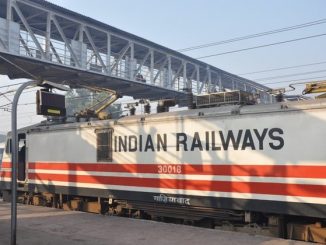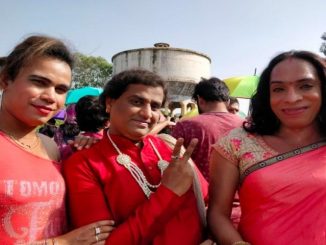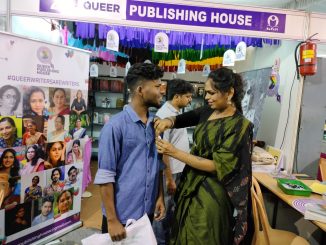
In Bangladesh, members of the transgender hijra community, who were previously barred from other mosques, have found a new place of worship where they are welcomed without discrimination. This new mosque, a modest single-room shed with tin walls and roof, serves as a community hub for the hijras, who have recently gained more legal and political recognition but still face deep-seated prejudice.
Located near Mymensingh, north of Dhaka by the Brahmaputra River, the mosque was built on government-donated land after the local hijra community was ousted from an established mosque. Sonia, a 42-year-old hijra who loved reciting the Quran as a child, expressed her joy at being able to pray in a mosque again, something she never thought possible after coming out as hijra. “People used to tell us to pray at home and not come to the mosques,” she said. “Now, this is our mosque, and no one can say no.”
Hijras in Bangladesh have been able to legally identify as a third gender since 2013 and have made strides in politics, with one transgender woman elected as a mayor in 2021. Despite this progress, they still face significant challenges, including lack of property and marriage rights, employment discrimination, and higher rates of violent crime and poverty.
Hardline Islamist groups have opposed the inclusion of transgender individuals in school textbooks and have protested against initiatives supporting the hijra community. The founder of a hijra charity, Mufti Abdur Rahman Azad, noted that this mosque is the first of its kind in the country, with a similar project in another city halted due to local protests.
The Dakshin Char Kalibari Masjid for the Third Gender, which opened this month, was built with contributions of time and money from local hijras. It also includes a graveyard, as the community faced rejection from a local Muslim cemetery last year.
Imam Abdul Motaleb, 65, emphasized that the persecution of hijras contradicts Islamic teachings. “They are like any other people created by Allah,” he said. “Allah revealed the holy Quran for all, so everyone has the right to pray, no one can be denied.”
The new mosque is already helping to change local attitudes. One of the locals in the community, Tofazzal Hossain, 53, who has prayed there for two weeks, admitted that his views about the hijra community have changed. “They live righteously like other Muslims,” he said. This new mosque stands as a beacon of hope and inclusion, fostering understanding and acceptance in the community.



Be the first to comment